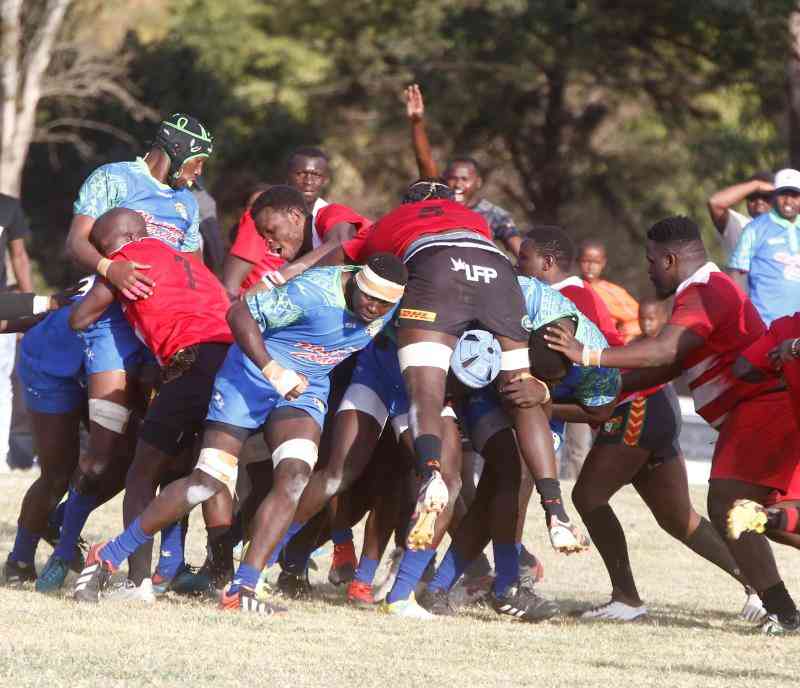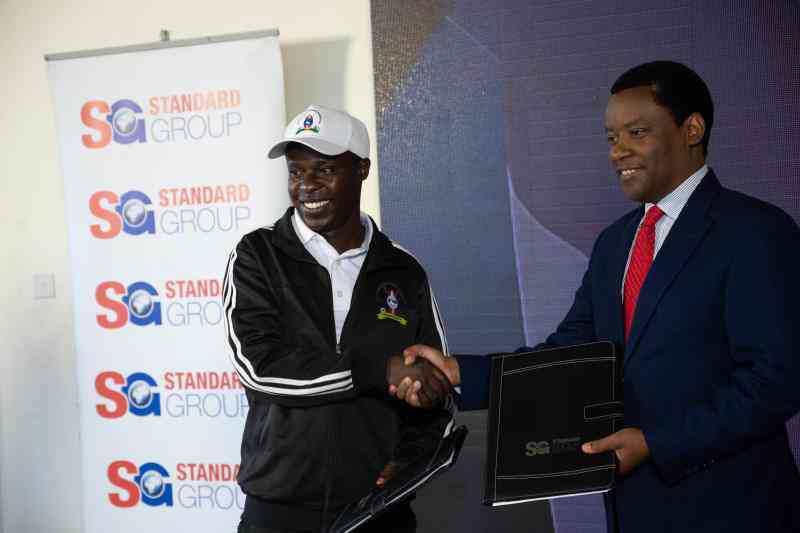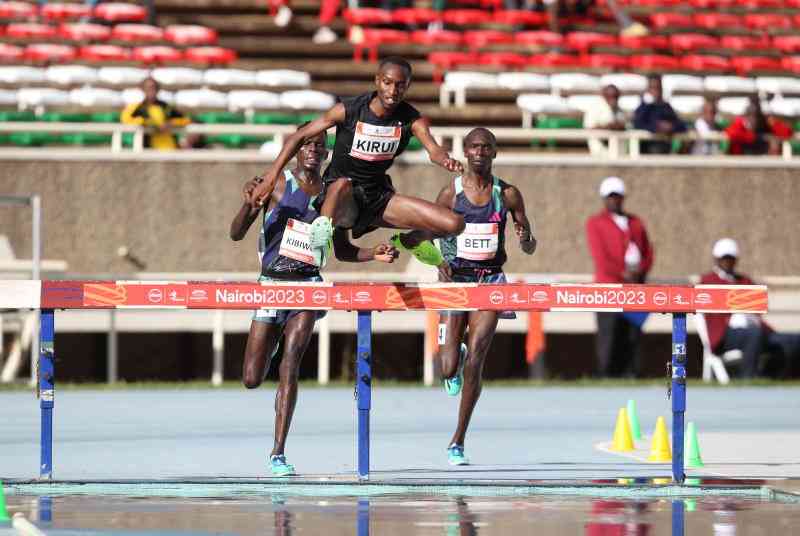Kiundu Waweru
Over the years, there has been an interest in street children, with many compassionate persons starting rehabilitation homes and taking the children from the streets to these homes.
Apart from getting a roof over their heads, decent food and livelihoods, they are even taken to school. Despite this care, most of the children relapse to the streets, to the puzzle of the caregivers and well-wishers.
Having been confronted by the same problem and questions more than a decade ago, one researcher, Wanjiku Kaime- Atterhog, painstakingly did studies on the street children and the caregivers, and last December her efforts bore fruits as African Network of Caregivers for Children in Especially Difficult Circumstances (Anocc) was launched.
 |
Researcher Wanjiku Kaime-Atterhog wanted to know why homeless children often return to the streets even after being rehabilitated. |
Drawing participants from six African countries namely Kenya, Tanzania, South Africa, Namibia, Uganda and Ethiopia, the network’s objectives are geared to enhance the capacity of children caregivers in Africa for effective service delivery, advocating for best practices in children care giving in Africa, carrying out research on children in especially difficult circumstances in Africa and strengthening coordination, information sharing, documentation and networking mechanism among African caregivers.
Streetwise ways
Wanjiku, who is a researcher at the Uppsala University in Sweden where she resides, is also the international coordinator of Sweden International Development Agency (Sida) training programme for caregivers of children in especially difficult circumstances. She says of the network: "Anocc was started by 27 African participants who attended the international training programme in 2007, and after the training, they wondered what next. Thus, they thought to start the network, where they could continue to meet, compare notes, network and chart the way forward."
Being just a board member, the network that she says is bound to be a success, was borne from Wanjiku’s research work that she nostalgically traces back to 1996 in the streets of Nakuru, her home town.
"During this time, I was interested to know why street children leave the streets for rehabilitation homes only to return to the streets. Has it got to do with the children’s streetwise ways or the approaches we use to get them out, or perhaps the services we provide for them? I wanted the answers from them."
But it was not going to be easy developing a rapport with the highly mobile street children. Thus she opted for a three-day workshop after which the children said they did not want to go back to the streets.
"I then decided to attach them to different child welfare organisations in Nakuru. Surprisingly, all the 12 children declined to go back to these places, as they said they had been there once and were mistreated. Furthermore, they said they couldn’t even go back to their homes. They wanted to stay with me, but of course I couldn’t take them to Sweden."
Wrong approaches
Together with the children, Wanjiku designed a rehabilitation home in 1997, House of Plenty.
"After the experience with the street children, I shifted my interest to the children’s caregivers. In my research, I found out that the caregivers were people with big hearts, some who had left their careers, sold property in order to take care of the children, but the main problem was they had no professional training and used the wrong approaches, in the process making a lot of mistakes and delineating the children they so much cared for."
In December 1997, she went back to Sweden. She remembers: "I was praying for the New Year when God gave me a clear message, ‘go teach my people how to take care of my children’. I wondered how I could do this as I am a researcher and not a teacher."
Nevertheless, she developed a curriculum for the caregivers.
Varsity courses
"We run the first programme in April 1998, with participants drawn from Africa, Asia and Europe and because of the different perspectives, the programme was not a success. The following year we decided to run it regionally and in April, we run the African caregivers training programme in Nakuru followed by the Asian caregivers in Thailand the next year."
The regional programmes were a success and in 2006 they approached Save the Children Sweden for partnership. In 2007, they run joint programmes. Sida funded the programmes.
"We started running Sida International training programmes in 2007 with participants coming to Sweden. The programme we developed for the caregivers were university courses, the first of its kind in Uppsala University, giving university credits to grassroots people."
After the training programmes, the participants develop an action plan and when they go back home, they implement it for ten months.
"We send professionals to monitor them and give on sight supervision and then we meet with them in one of the participating countries and it is after we met in South Africa in 2007 that the participants asked what next, and Anocc was born," Wanjiku explains.
 The Standard Group Plc is a multi-media organization with investments in media
platforms spanning newspaper print operations, television, radio broadcasting,
digital and online services. The Standard Group is recognized as a leading
multi-media house in Kenya with a key influence in matters of national and
international interest.
The Standard Group Plc is a multi-media organization with investments in media
platforms spanning newspaper print operations, television, radio broadcasting,
digital and online services. The Standard Group is recognized as a leading
multi-media house in Kenya with a key influence in matters of national and
international interest.
 The Standard Group Plc is a multi-media organization with investments in media
platforms spanning newspaper print operations, television, radio broadcasting,
digital and online services. The Standard Group is recognized as a leading
multi-media house in Kenya with a key influence in matters of national and
international interest.
The Standard Group Plc is a multi-media organization with investments in media
platforms spanning newspaper print operations, television, radio broadcasting,
digital and online services. The Standard Group is recognized as a leading
multi-media house in Kenya with a key influence in matters of national and
international interest.







